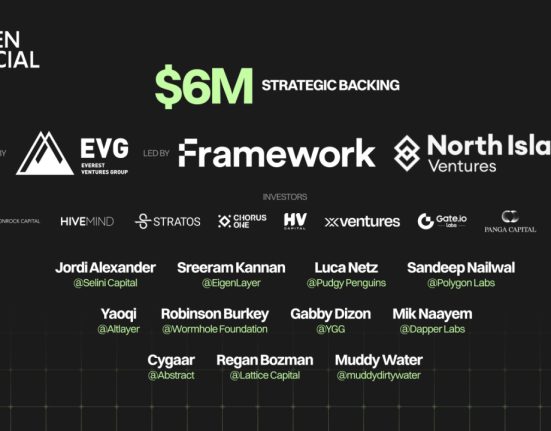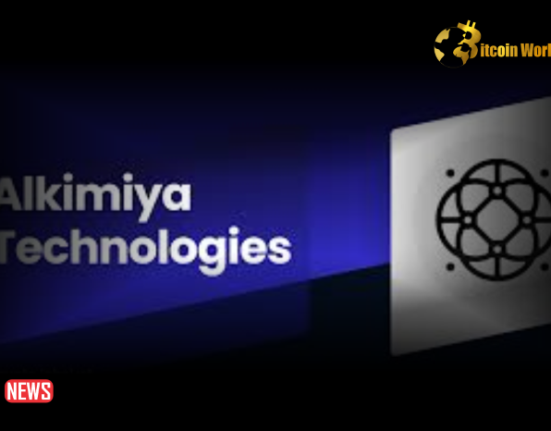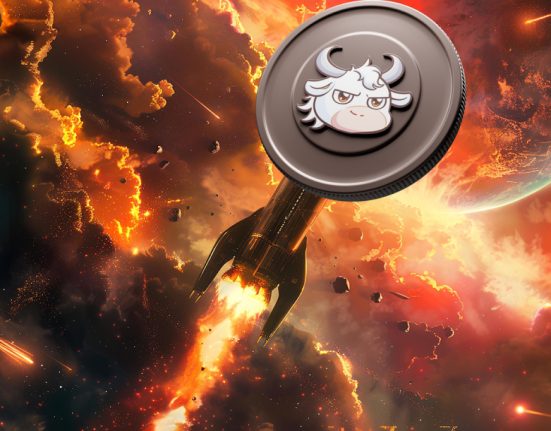Block 780,112 was added to the blockchain of Bitcoin by a lone miner, defying the odds while many others raced toward the same objective. According to BTC.com’s Bitcoin explorer, the miner created a solo mining pool using the Solo CK Pool mining service. They produced a valid block hash and were rewarded with 6.25 BTC and a fee reward of roughly 0.63 BTC, totaling about $148,000.
Given their limited computer capacity, a miner would generally need considerably more time to make a legitimate transaction, a Twitter user noted how fortunate the solitary miner was to achieve the valid hash. Approximately once every 10 months, a miner of this scale will solve a block, according to Twitter user @ckpooldev. They’ve just been mining alone for the past two days, so their luck has been exceptional.
According to @ckpooldev, the miner operated at an average hash rate of 6.7 PH/s (petahashes per second). Bitcoin’s total hash rate was around 308,262 PH/s at the time the block was added, so the single miner’s 6.7 PH/s hash rate accounted for about 0.002% of the blockchain’s total computational power. An account on the Bitcoin forum bitcointalk.org came forward to take credit for creating the legitimate hash, claiming he used a service called nicehash to rent extra electricity for less than a day.
The forum user going by the name Pineconeeee wrote, “In fact, it is fantastic luck to capture a block with such a hashrate. In less than a day, fortune was on my side. According to the lone miner’s post, who identified themselves as being from Russia, they regularly use processing power of about 270 TH/s (terahashes per second), but rented 5 PH/s (petahashes per second) last Thursday. 3,220 transactions totaling about 16,940 worth of Bitcoin were included in the block that the lone miner produced.
In a procedure comparable to computational brute force, miners continuously conduct calculations to find a valid hash for the block in order to add it to a proof-of-work network like Bitcoin. To maximize their odds of producing a valid hash, miners now pool their processing resources to create the majority of new blocks that are added to the network of Bitcoin. In spite of the competition from other computers attempting to calculate a legitimate hash for the upcoming block on the Bitcoin network, it is technically conceivable for a Bitcoin miner to get fortunate occasionally and obtain a valid hash on their own.
The largest mining pool in the world right now, according to BTC.com, is Foundry USA, a mining pool that has generated almost 34% of the network’s daily hashrate. The mining pool’s hashrate is approximately 107 EH/s, or 15,970 times greater than the lone miner’s.














